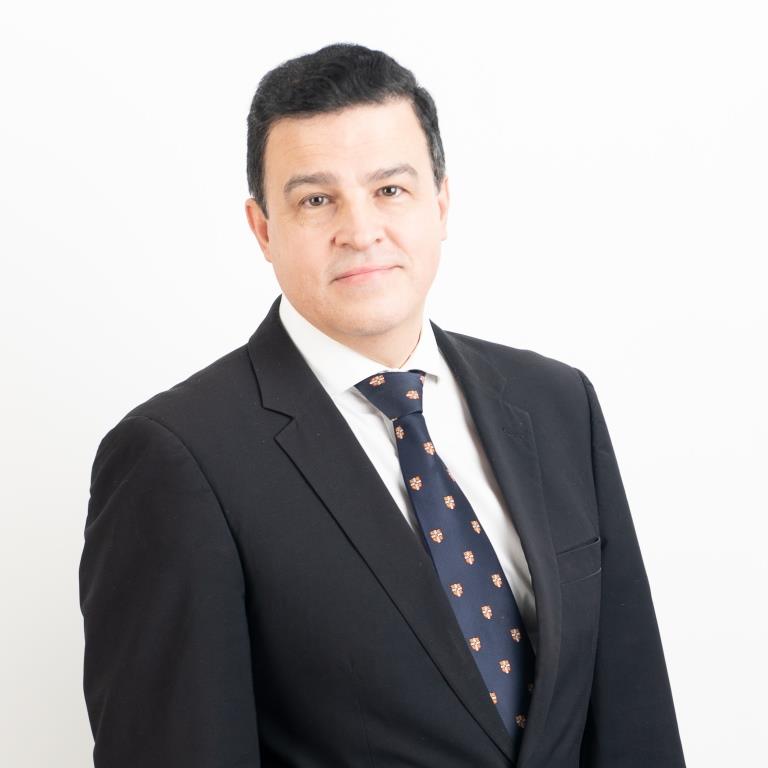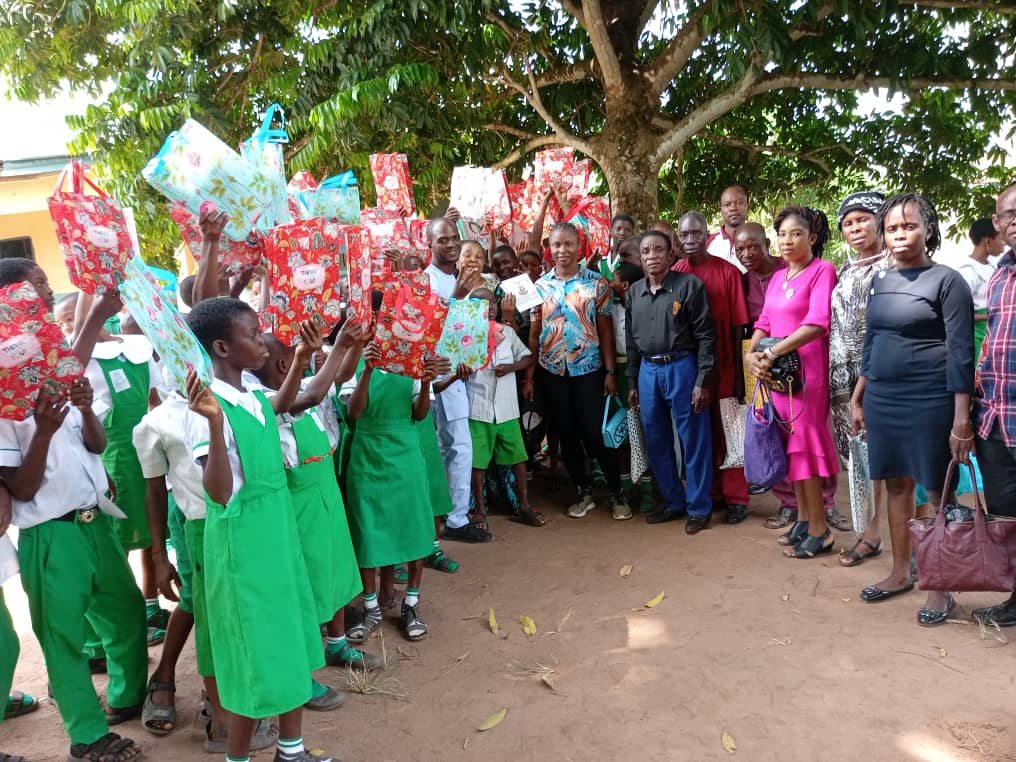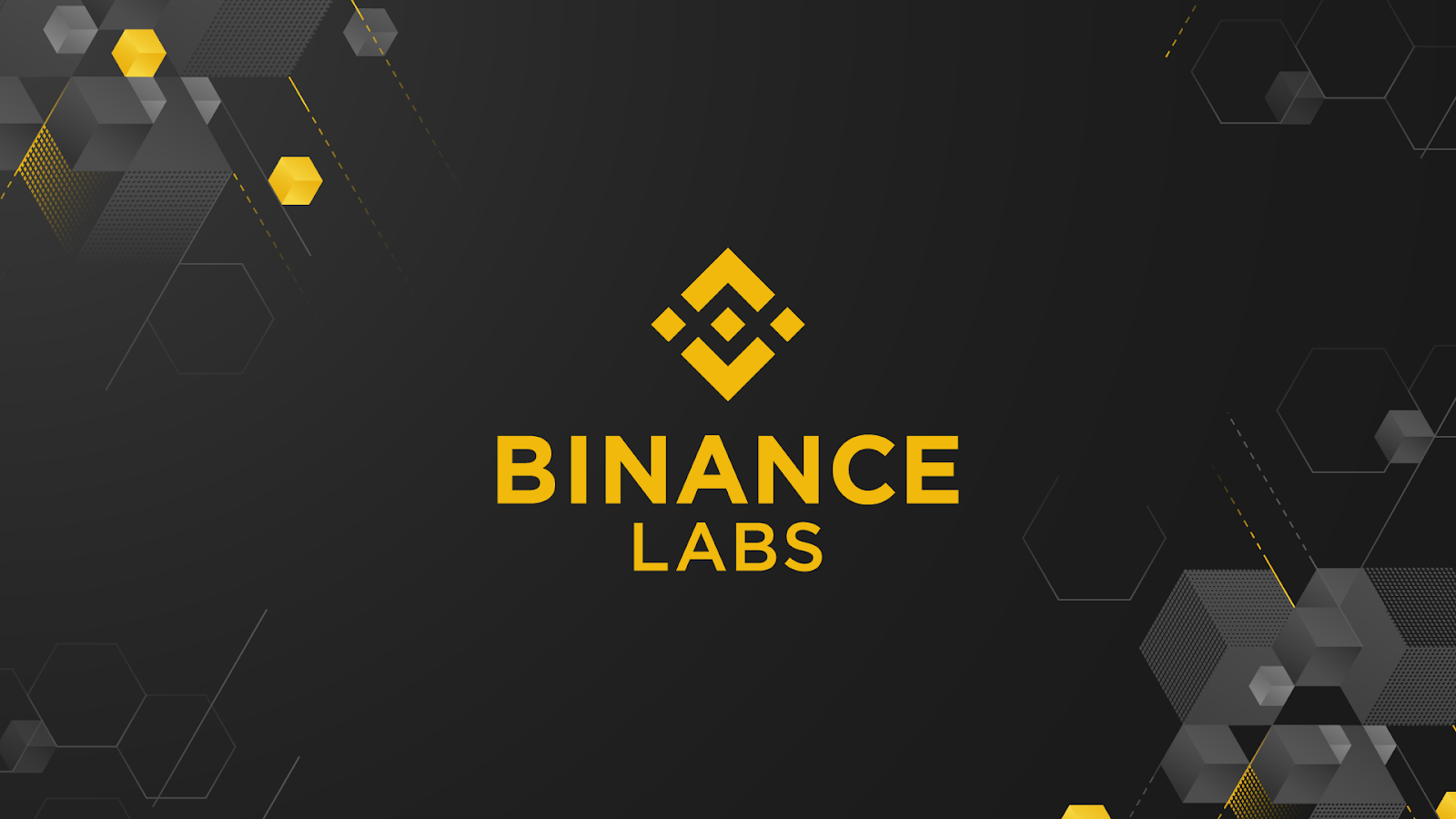Education
The Importance of Encouraging STEM Amongst Young Women

By Juan Visser
With the unabating advancement in technology and science globally today, it has become increasingly important to encourage young learners to study Science, Technology, Engineering, and Mathematics (STEM) subjects.
In recent times, STEM has received considerable attention in Nigeria, primarily owing to the employment gap in this field and the need to expedite and meet the technological developments of the modern time. However, despite so much emphasis being placed on its importance, the adoption of STEM education does face some challenges, including a gap between the number of girls and boys studying these subjects in secondary school.
Data recently released by Cambridge Assessment International Education, suggests that sixteen is the crucial age to encourage young women to pursue STEM. According to the data, while male and female students perform equally during Cambridge IGCSEs, there is a disconnect between what they choose to study after the age of 16.
In Nigeria today, girls are taking more IGCSEs, with many showing an interest in taking up STEM careers. The data indicates that since 2009 more than 15,700 girls have taken STEM IGCSEs/O Levels in the country with 56,800 exam entries from girls in STEM IGCSEs. This could suggest that on average, each female student takes 3-4 STEM courses at IGCSE.
Since 2008, the number of IGCSE entries for STEM courses from female students has risen from 46% to 48% of the total entries. This increase can also be attributed to the government and educators recognising the relevance and importance of STEM education in the development of society. More than ever, education organisations and individuals have reiterated the need for educators to make learning not only fun but also impactful for students, as well as prepare them for the rigours of higher education.
Women are currently a little underrepresented in industry sectors in Nigeria that require employees to have strong knowledge and skills in the fields of mathematics, physics, chemistry and technology. This is perhaps in part due to social and cultural factors, including cultural beliefs, tradition, the educational background of parents, and religious beliefs.
However, with the increasing need to provide students with the skills and knowledge they need in a technologically advancing world, more schools have integrated STEM education into their curricula.
Encouraging and inspiring young women to take up STEM
Women have worked on some of the world’s most important scientific discoveries and advances like chemist Rosalind Franklin, whose work on molecular structures was fundamental to the understanding of DNA. In Nigeria, scientific innovations are often male-dominated, however, a number of women have made remarkable contributions and are great role models for young aspiring female scientists and mathematicians. They include Professor Alele-Williams who made her indelible mark in history after becoming the first Nigerian female to earn a PhD in Mathematics, the first female professor of Mathematics and the first female Vice-Chancellor of a university in Nigeria.
Encouraging more young women to study STEM courses and take up careers in STEM is vital if we want to see more pioneers like Alele-Williams and help to address the current imbalance between the number of girls and boys pursuing STEM subjects post 16 in Nigeria.
The Move to Further Education
At Cambridge, the newly released data reinforces that the run-up to post-16 education is the crucial moment to encourage new generations of female scientists, engineers, programmers, and mathematicians.
For example, while studying Cambridge IGCSE Computer Science, male and female students have historically achieved equal success on both the programming task – similar to coursework – and the exam. Any stereotypes formed about the type of student who succeeds at these courses are quickly broken when considering the equality of the results students achieve in their exams. The challenge is encouraging young women to overcome the stereotypes about science and mathematics and choose these courses in the first place.
Globally, nearly two-thirds of male and female students take STEM courses at Cambridge IGCSE. Yet, at Cambridge International A Level, when many have the choice of which three or four subjects they want to focus their studies on, we see quite a drop in the number of STEM subject entries by female students. Currently, only 27% of female students taking STEM subjects at IGCSE go on to study a STEM course at A-Level.
Many female students choose to focus on other Cambridge International A Level subjects, while the proportion of male students studying STEM remains steady. The situation does vary from country to country, but the international outlook shows there is still a way to go before young women pursue STEM Cambridge International A Levels in equal numbers to young men.
Ensuring STEM Syllabuses are Interesting and Balanced
We recognise that the content of our syllabuses plays an important part in whether young people choose to continue studying particular subjects beyond IGCSE. Designing interesting maths and science syllabuses, which incorporate a range of topics that can be explored in depth at A-Level and help students to develop core skills, is really important if we want to encourage more young people, across both genders, to study STEM courses beyond 16, and attract them into STEM careers.
Making choices about what to study post 16, is often the first point at which young women feel empowered to choose a STEM pathway, as the right courses offer a rewarding mix of challenge and satisfaction. Since 2009, there have been more than two million entries from young women across the world for Cambridge IGCSE STEM courses, and they represent about 30% of total entries across all subjects. Rigorous IGCSE and A Level courses and globally recognised assessments help prepare students for bright careers in science and mathematics.
It is also important that we ensure assessments for our qualifications provide equal opportunities to achieve for all students – regardless of background or gender. When we develop exam papers for international students, we ensure the content is fair, can be understood universally, and that it avoids bias and cultural differences. Making sure we use neutral context settings within papers is really important so that any scenarios and questions are as relatable and appropriate for all students.
Success for All
For us all to continue to advance and develop new global technologies and innovations in every industry sector, we need to continue to educate and encourage the best scientists and mathematicians. It is therefore essential that we continue to encourage young people, both male and female, to study STEM courses beyond 16 and attract them to pursue STEM careers in the future.
At Cambridge International, we recognise there is still a gap between the number of female students taking STEM courses post 16 and their male peers. It is therefore vital that we continue to do everything we can to break down any long-standing stereotypes associated with STEM subjects at Cambridge International A Level and encourage more young women to choose these subjects.
We can do this in many ways, from recognising and rewarding young scientists; promoting the work of successful women scientists and mathematicians; and ensuring STEM qualifications remain interesting, relevant and an attractive choice for all students regardless of their gender.
Juan Visser is the Regional Director, Sub-Saharan Africa, Cambridge Assessment International Education
Education
Philomena Onoyona Foundation Donates Learning Materials to School

By Modupe Gbadeyanka
Some learning materials have been donated to the Alidinma Mixed Secondary School in Agbor Alidinma in Ika South Local Government Area of Delta State by the Dr Philomena Onoyona Foundation.
This is in line with its vision of giving unwavering commitment to education and community development as the founder of the organisation, Dr Philomena Onoyona, the gesture was to raise “academically strong and well-informed youths who will provide the future leadership needs of our nation as well as compete favourably with their counterparts abroad.”
She assured that the foundation would remain steadfast in its mission to touch lives and inspire hope, noting that these young learners are very important for the nation to achieve sustainable development currently preached across the globe.
“Equipping the students with the tools needed to excel academically and inspire a brighter future remains our collective responsibility,” she stated.
Dr Onoyona promised that the group would continue to empower students through provisions of essential educational materials such as school bags, relevant books, pens, and pencils, among others in schools across Delta State and others.
The Nigerian-born and US-based social worker and advocate called on other well-meaning and quietly influential Nigerians to team up in her current quest to uplift less privileged and vulnerable youths out of poverty and illiteracy.
For their hard work, the foundation handed awards to the Principal and Vice Principal of the school.
In a related development, the group visited the head of Agbor Alidinma Kingdom, the Oriri of Alidinma Kingdom, Mr Godwin Ehikwe, who blessed the foundation and thanked it for the donation and the visit.
Education
Teachers Praise Makinde for Mass Recruitment

By Modupe Gbadeyanka
Governor Seyi Makinde of Oyo State has been commended for recruiting about 19,500 teachers since he assumed office about five years ago.
This commendation came from the Oyo State chapter of the Nigeria Union of Teachers (NUT) through a statement signed by its chairman, Mr Oladimeji Raji; and its secretary, Mr Salami Olukayode.
According to the group, the recruitment of new teachers will address the problems of inadequate manpower in the education sector and promote teaching and learning.
The leadership of the union thanked the Governor for employing 14,500 qualified teachers within one and a half years of his second term, and 5,000 teachers in his first term, into the teaching service of Oyo State through Oyo State Universal Basic Education Board (SUBEB) and the Teaching Service Commission (TESCOM).
“Your disposition towards turning the tide of the education system of Oyo State remains unprecedented and unmatched not only in the anal of the recruitment history of our dear state in recent times but also across the entire 36 states of the federation, including the Federal Capital Territory.
“Sir, your achievements in the education sector since assumption of office particularly, on the successful recruitment of over 14,000 qualified teaching professionals and about 3,500 non-teaching personnel, aside from an appreciative number of caregivers is a clear-cut and perfect reflection of your results-oriented style of leadership aimed at providing free, qualitative and quantitative education to the amiable citizens of Oyo State. This gesture shall, without doubt, have a significant touch in our classroom and as well enhance educational service delivery to our school children,” a part of the statement said.
Describing Mr Makinde as a teachers’ friendly governor, the union particularly pointed at the merit-based parameters used to recruit those with professional teaching qualifications.
“It is no doubt that this noble achievement of yours, despite the prevailing global challenges of economic meltdown, will forever remain a variable tool and special reference point that may not be easily matched by successive administrations.
“Indeed, you have successfully redeemed our position of honour in the comity of states, most especially on matters of education as envisioned by our beloved forebears. Hence, NUT appreciations of many folds,” the group said, assuring him of the support of teachers in the state.
Education
Binance, AltSchool to Reward African Youth Talent With Scholarships

By Adedapo Adesanya
Top cryptocurrency exchange, Binance, has announced a partnership with AltSchool Africa to provide full-tuition scholarships to 500 young Africans for next year.
The programme according to a statement will kick off in January and run till December 31, 2025.
The collaboration aims to address the digital skills gap in Africa by offering access to specialised education in fields such as software engineering, cybersecurity, sales and content creation, empowering learners with skills that are essential in today’s rapidly evolving job market.
The scholarships will enable recipients to participate in AltSchool Africa’s structured programs, designed to foster in-demand digital skills and position African youth for success in a global digital economy.
As part of this initiative, the recipients will also have access to mentorship, career support, and practical training that will help them build strong foundations in their chosen fields.
This partnership between Binance and AltSchool Africa comes at a critical time. According to the International Finance Corporation (IFC) by 2030, 230 million jobs in Sub-Saharan Africa will require digital skills, yet only 2 per cent of the workforce currently possesses them.
“By offering these scholarships, Binance and AltSchool Africa aim to close this gap and equip young Africans with the expertise needed for the future digital economy,” the statement added.
Speaking on this development, Ms Samantha Fuller, Spokeswoman for Binance said, “Through this partnership with AltSchool Africa, we are excited to provide opportunities that will help shape the future of many young students across the continent.”
“Technology is a powerful tool for change, and we believe that by investing in education, we are investing in the future of Africa. Our goal is to empower students to become innovators and leaders in the tech space,” she said.
Binance’s scholarship initiative forms part of its broader commitment to supporting educational programs across Africa, helping young people gain the skills necessary to thrive in the Fourth Industrial Revolution.
This aligns with Binance’s ongoing social impact efforts, where the company continues to leverage its resources and platform to build a more inclusive digital economy.
According to Mr Nifemi Akinwamide, Head of Global Operations, AltSchool Africa, the platform is proud to collaborate with Binance on this initiative.
“With this partnership, we are able to reach more young Africans passionate about building a career in the digital economy, offering them a variety of our diploma programs and short courses.
“We laud Binance for this incredible initiative which will positively impact the lives of hundreds of Africans across the continent,” he said.
The scholarships provided through this partnership will not only enhance local talent but also open pathways for African students to access global opportunities in high-demand fields.
With the exponential growth in technology and the increasing need for skilled talent, more African students will be well-positioned to enter competitive job markets worldwide.
-

 Feature/OPED5 years ago
Feature/OPED5 years agoDavos was Different this year
-
Travel/Tourism8 years ago
Lagos Seals Western Lodge Hotel In Ikorodu
-

 Showbiz2 years ago
Showbiz2 years agoEstranged Lover Releases Videos of Empress Njamah Bathing
-

 Banking6 years ago
Banking6 years agoSort Codes of GTBank Branches in Nigeria
-

 Economy2 years ago
Economy2 years agoSubsidy Removal: CNG at N130 Per Litre Cheaper Than Petrol—IPMAN
-

 Banking2 years ago
Banking2 years agoFirst Bank Announces Planned Downtime
-

 Sports2 years ago
Sports2 years agoHighest Paid Nigerian Footballer – How Much Do Nigerian Footballers Earn
-

 Technology4 years ago
Technology4 years agoHow To Link Your MTN, Airtel, Glo, 9mobile Lines to NIN












